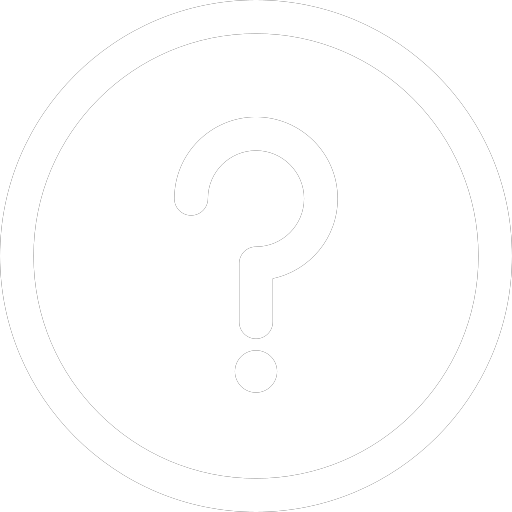Test results show no PFAS in South East water supplies
24-07-2025Investigative water quality sampling in Mount Gambier’s Blue Lake – the South East’s main drinking water source – and nearby borefield confirm no detection of the human-made class of chemicals known as PFAS.
PFAS – or per- and poly-fluoroalkyl substances – have been widely used in a range of industrial and consumer products since the 1950s, such as non-stick cookware, stain protection for fabrics, furniture and carpet, in food packaging, water-repellent clothing, cosmetics, sunscreen and predominantly in some types of fire-fighting foams.
This month’s testing builds on investigative sampling undertaken in targeted locations of the River Murray and 6 major metropolitan Adelaide reservoirs, which all returned no detection of PFAS.
SA Water’s Senior Manager of Water Expertise Dr Lionel Ho said samples were taken from the Blue Lake and two groundwater bores which are used to augment supply if the lake is required to be temporarily taken offline for operational or other purposes.
“High populations are one of the risk factors for PFAS contamination, and while the South East is one of South Australia’s more populated areas, the density of this community relative to the Blue Lake is significantly low, including in comparison to water sources interstate and overseas,” Lionel said.
“We know however the lake is a key water source for our customers, supplying around 30,000 people, and this is why we proactively sampled here, delivering on our priority to ensure the safety of drinking water supplied to homes and businesses.
“Following strict protocols to prevent sample contamination, our specialist team from the Australian Water Quality Centre took samples from the inlet where water enters the pump station next to the lake.
“Unlike many of our other water sources, a conventional water treatment plant is not required to treat water from the Blue Lake, as limestone in the volcanic crater acts as a natural filter. The water is also treated with chlorine as part of a final disinfection process to ensure the water remains safe to drink before being delivered to our local customers.
“The samples were then transported to an independent laboratory for NATA (National Association of Testing Authorities)-accredited testing and analysis.”
The Australian Drinking Water Guidelines (2011) specify limits for four types of PFAS – PFOS (perfluorooctane sulfonate), PFHxS (perfluorohexane sulfonate), PFOA (perfluorooctanoic acid) and PFBS (perfluorobutane sulfonic acid).
These health-based guidelines were recently reviewed by the National Health and Medical Research Council, resulting in changes for the four PFAS types.
For PFOA, the revised limit is less than 0.2 micrograms per litre, for PFOS it’s less than 0.008 micrograms per litre, for PFHxS the new limit is less than 0.03 micrograms per litre, and for PFBS it’s less than 1.0 micrograms per litre.
SA Health Principal Water Quality Adviser Dr David Cunliffe said investigative sampling will continue to be progressively undertaken at regional water sources across the state and later this year annual testing will occur in the 6 major metropolitan reservoirs.
“The investigative program is helping to gain a base level understanding of the presence of PFAS within our water supplies, with the suitability and frequency of subsequent routine sampling to be determined with SA Water using the same risk-based approach,” David said.
“Starting the proactive sampling ahead of the revised national PFAS limits being released in June this year also put SA Water in a good position, and provided their customers assurance their tap water remains safe to drink.”
For more information on SA Water’s PFAS sampling and testing work, including all results to date, visit sawater.com.au.

